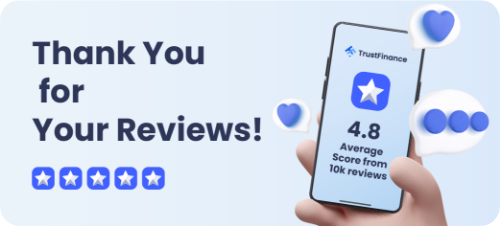
industryKey.undefined 결과
정보, 개요, 주요 서비스, 직원 수, 라이선스, 본사 위치 등이 모두 한 곳에 쉽게 접근할 수 있으며, 신뢰할 수 있는 정보로 여러 금융 카테고리를 표시합니다.
0 개 회사정렬됨:
모든 국가
모든 국가
산업
필터
리뷰 수
기간
회사 상태
별점
정렬됨:
결과를 찾을 수 없습니다.
Retail Broker:
Retail forex brokers are an important part of the forex market ecosystem as they cater to individual traders who may not have the resources to access the market directly. These brokers provide traders with access to a range of financial instruments and trading tools, allowing them to speculate on currency movements and potentially profit from market fluctuations. With the rise of online trading platforms, retail forex brokers have become increasingly popular, offering traders the ability to trade from the comfort of their own homes or on the go via mobile devices.
FAQs:
-
What is a retail forex broker?
A retail forex broker is a financial institution that provides retail traders with access to the forex market, allowing them to buy and sell currencies and other financial instruments.
-
What services do retail forex brokers offer?
Retail forex brokers typically offer a range of trading platforms, educational resources, and customer support services to help traders navigate the complexities of the forex market.
-
How do I choose a retail forex broker?
When choosing a retail forex broker, consider factors such as regulation, trading costs, trading platforms, customer support, and educational resources.
-
What is a demo account offered by a retail forex broker?
A demo account is a practice trading account offered by retail forex brokers that allows traders to practice their strategies and test trading platforms without risking real money.
-
What is the difference between a market maker and an ECN broker?
A market maker is a retail forex broker that takes the other side of their clients' trades, while an ECN broker passes on their clients' orders to liquidity providers and charges a commission on the trades.
-
Can I trade forex with a small account?
Yes, many retail forex brokers allow traders to open accounts with a small amount of capital. However, it's important to carefully manage risk and use appropriate position sizing to avoid excessive losses.
-
How do I withdraw funds from my retail forex broker account?
Most retail forex brokers offer a variety of withdrawal methods, such as bank wire transfers, credit/debit card transfers, and online payment processors. The specific methods and processing times may vary between brokers.
Tips and Advice:
-
Choose a regulated broker: Look for a broker that is regulated by a reputable financial authority to ensure that your funds are protected and that the broker operates in an ethical and transparent manner.
-
Compare trading costs: Different brokers charge different trading fees, so it's important to compare costs to ensure you're getting a fair deal.
-
Test out trading platforms: Many retail forex brokers offer demo accounts that allow you to test out their trading platforms before committing real funds.
-
Use educational resources: Take advantage of the educational resources provided by your broker to improve your trading skills and knowledge of the forex market.
-
Choose a regulated broker: It is important to choose a broker that is regulated by a reputable financial authority to ensure the safety of your funds and to have confidence that the broker operates in an ethical and transparent manner.
-
Compare trading costs: Different brokers charge different trading fees, so it's important to compare the costs and fees to ensure that you're getting a fair deal. Be aware of hidden fees such as withdrawal fees, inactivity fees, and spread mark-ups.
-
Test out trading platforms: Many retail forex brokers offer demo accounts that allow you to test out their trading platforms before committing real funds. Take advantage of these demo accounts to get familiar with the trading platform and practice your trading strategies.
-
Use educational resources: Most retail forex brokers offer a variety of educational resources such as webinars, trading guides, and market analysis. Take advantage of these resources to improve your trading skills and knowledge of the forex market.
-
Have a trading plan: Before entering into any trade, it's important to have a well-defined trading plan. This should include your risk management strategy, entry and exit points, and profit targets. Stick to your trading plan and avoid making emotional decisions based on market fluctuations.
-
Stay informed: Keep up to date with the latest news and developments in the forex market. This can help you to make informed trading decisions and to adjust your trading plan accordingly. Use reliable sources of information such as financial news websites and economic calendars.
TrustFinance는 사용자 경험 개선을 위해 분석용 쿠키를 사용합니다. 자세한 내용은쿠키 정책을 참조하세요
